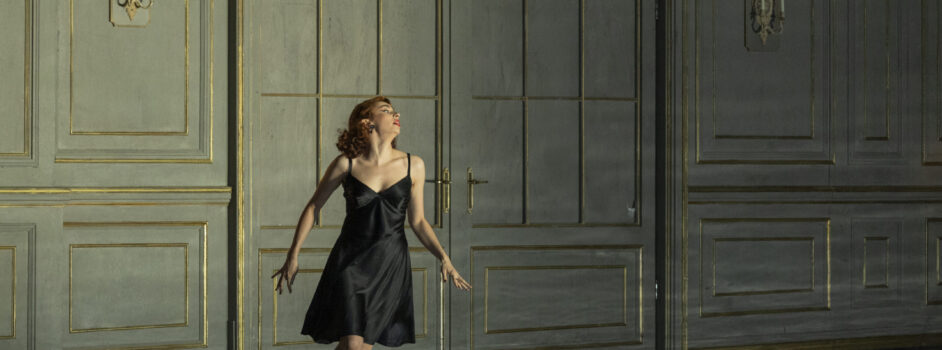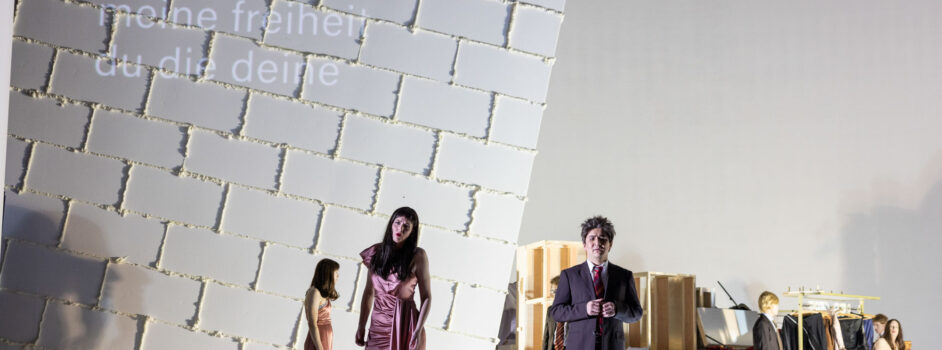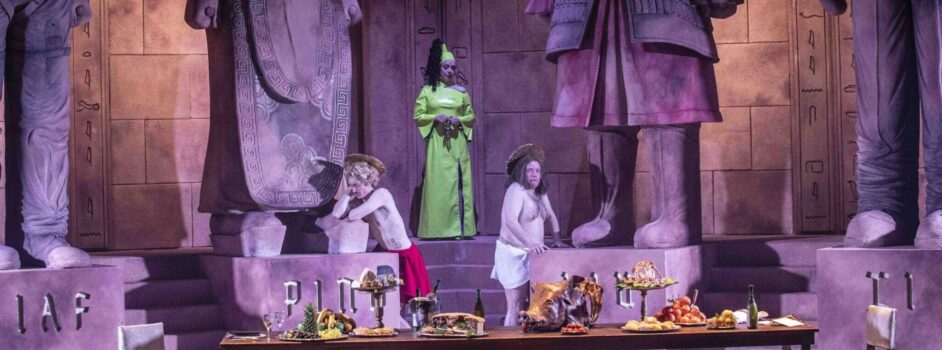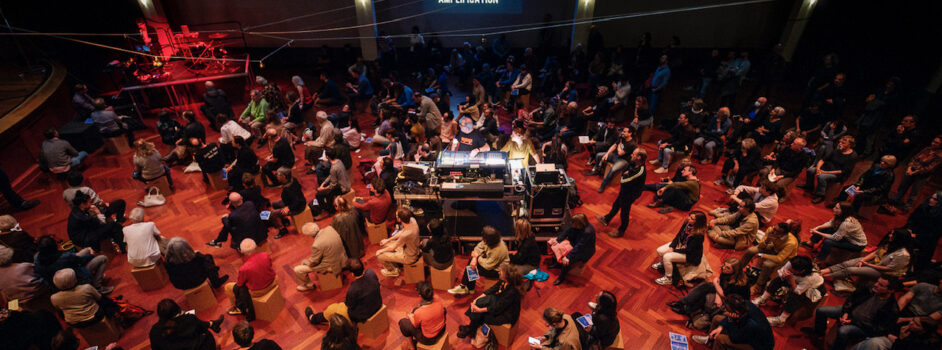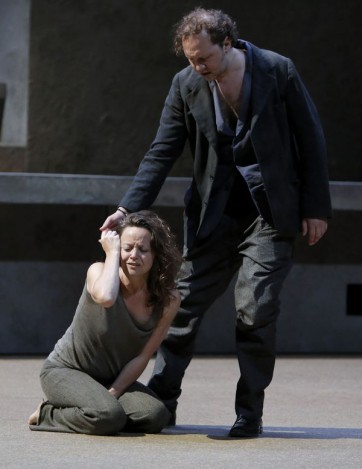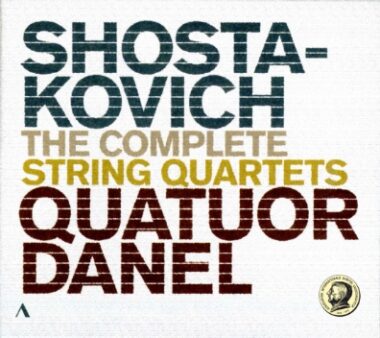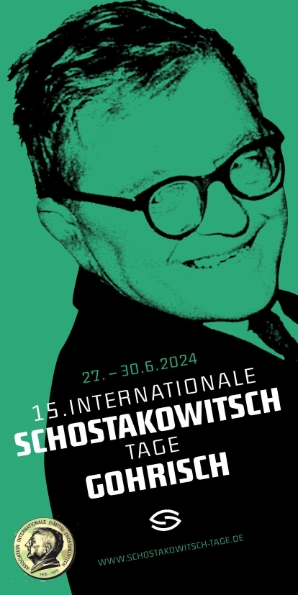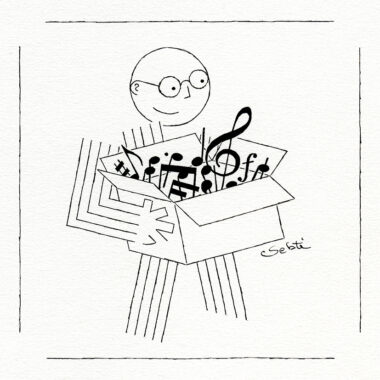Plus de détails
Aix-en-Provence, Grannd Théâtre de Provence. 16-VII-2013. Richard Strauss (1864-1949) : Elektra, opéra en un acte sur un livret de Hugo von Hoffmannsthal. Mise en scène : Patrice Chéreau. Décors : Richard Peduzzi. Costumes : Caroline de Vivaise. Lumières : Dominique Bruguière. Perruques, coiffures : Campbell Young. Mouvements chorégraphiques : Thierry Thieû Niang. Avec : Evelyn Hertzelius, Elektra ; Waltraud Meier, Klytämnestra ; Adrianne Pieczonka, Chrysotemis ; Mikhail Petrenko, Orest ; Tom Randle, Aeghist ; Franz Mazura, Der Pfleger des Orest ; Florian Hoffmann, Ein junger Diener ; Donald McIntyre, Ein alter Diener ; Renate Behle, Die Aufseherin / Die Vertraute ; Bonita Hyman, Erste Magd ; Andrea Hill, Zweite Magd / Die Schleppträgerin ; Silvia Hablowetz, Dritte Magd ; Marie-Eve Munger, Vierte Magd ; Roberta Alexander, Fünfte Magd. Coro Gulbenkian. Orchestre de Paris. Direction : Esa-Pekka Salonen
The shock begins with the opening chords. The Orchestre de Paris, conducted by Esa-Pekka Salonen, explodes. Tonight, the violence contained in Strauss' work is magnified, the orchestra gives its best, and the volume reaches a peak. Only seconds into the opera, we already know that the night will be fantastic.
And fantastic it was. Beside the orchestra, which was excellent, the casting was finally worthy of an international festival. Evelyn Herlitzius shows no sign of fatigue in this overwhelmingly demanding part. Her vocal line is never broken; her support is flawless; her power is astonishing—and all without excessive force. Adrienne Pieczonka acts as an appropriate vocal counterweight as Chrysothemis, her voice clearer and lighter but with sufficient projection. Tackling Klytämnestra's part for the first time, Waltraud Meier dominates the stage with ease, and delivers a magisterial interpretation of the role, one of the central roles in Elektra. Both male parts are smaller, but their casting is still at a high-level, and the singers Mikhai Petrenko and Tom Randle are definitely not unworthy of these parts. And last but not least, some of the numerous supporting roles are performed by veterans of the stage (Donald McIntyre and Franz Mazura, who are respectively seventy-nine and eighty-nine), some by experienced vocal artists, such as Roberta Alexander, Bonita Hyman, Renate Behle, and some by bright young things (Andrea Hill, Marie-Eve Munger, Silvia Hablowetz, Florian Hoffmann).
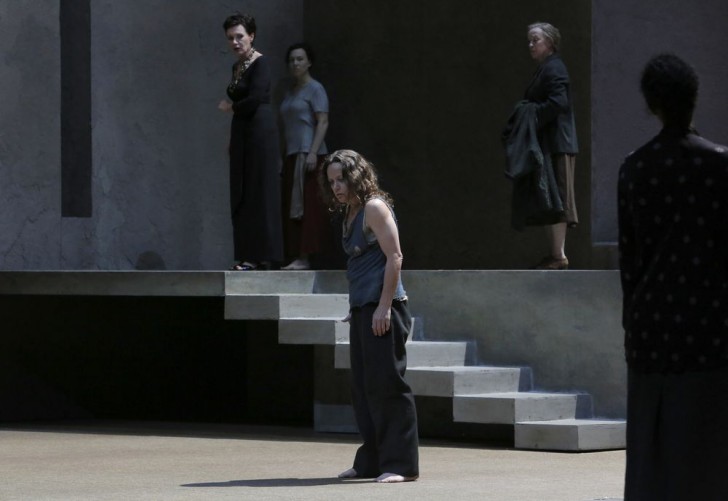
Waltraud Meier (Klytämnestra), Evelyn Hertzelius (Elektra) – en second plan : Andrea Hill (Die Schleppträgerin), Renate Behle (Die Vertraute) – de dos : Bonita Hyman (Erste Magd) © Pascal Victor / Artcomart
The staging, by Patrice Chéreau, is a success, just as his setting of From the House of the Dead on the same stage in 2007 was, marked by sobriety, economy, theatricality, and development of the relationships among the characters.
A few liberties are taken. For instance, Klytämnestra, after her showdown with Elektra, is supposed to exit the stage laughing and demanding more light (“Lichter! Mehr Lichter!”), a line that is supposed to be spoken in Strauss's score, but here she remains silent. The demonic couple is assassinated onstage, their corpses left lying on the floor until the end. Elektra does not die, but remains in complete ecstasy. And in the original libretto, Chrysothemis' final outburst (“Orest ! Orest!”) is supposed to be a cry for help when she discovers her sister's lifeless body, whereas here it is addressed as a plea to her brother, who leaves once the murder is accomplished. All this is of little importance, since the antique myths were made to be revised and reinterpreted. The unexpected arrival of Orest is in keeping with Klytämnestra's silent departure, among other things. Thierry Thieû Niang's choregraphed movements tend to recur from piece to piece: in From the House of the Dead and in El Regreso/Un retour, the same postures could be seen. The same can be said of Richard Peduzzi's set: he probably has a lot of concrete walls to use up. But those are only details, which do not diminish at all the extraordinary success of this performance. An experience to enjoy again on Arte and on DVD.
Plus de détails
Aix-en-Provence, Grannd Théâtre de Provence. 16-VII-2013. Richard Strauss (1864-1949) : Elektra, opéra en un acte sur un livret de Hugo von Hoffmannsthal. Mise en scène : Patrice Chéreau. Décors : Richard Peduzzi. Costumes : Caroline de Vivaise. Lumières : Dominique Bruguière. Perruques, coiffures : Campbell Young. Mouvements chorégraphiques : Thierry Thieû Niang. Avec : Evelyn Hertzelius, Elektra ; Waltraud Meier, Klytämnestra ; Adrianne Pieczonka, Chrysotemis ; Mikhail Petrenko, Orest ; Tom Randle, Aeghist ; Franz Mazura, Der Pfleger des Orest ; Florian Hoffmann, Ein junger Diener ; Donald McIntyre, Ein alter Diener ; Renate Behle, Die Aufseherin / Die Vertraute ; Bonita Hyman, Erste Magd ; Andrea Hill, Zweite Magd / Die Schleppträgerin ; Silvia Hablowetz, Dritte Magd ; Marie-Eve Munger, Vierte Magd ; Roberta Alexander, Fünfte Magd. Coro Gulbenkian. Orchestre de Paris. Direction : Esa-Pekka Salonen

